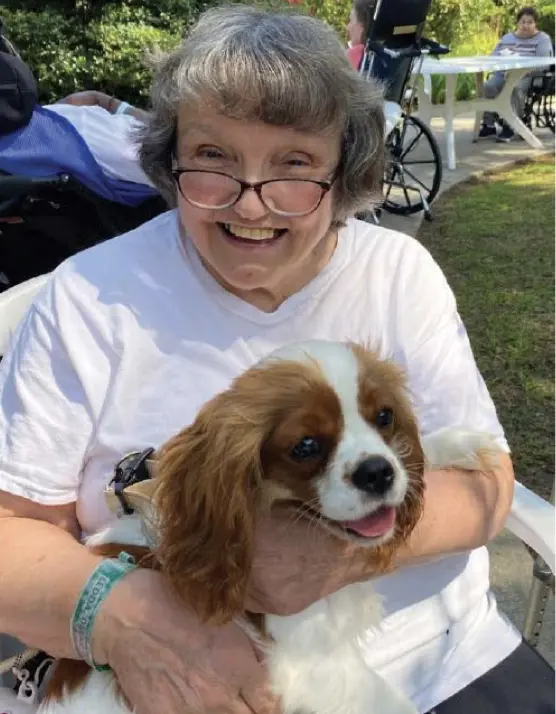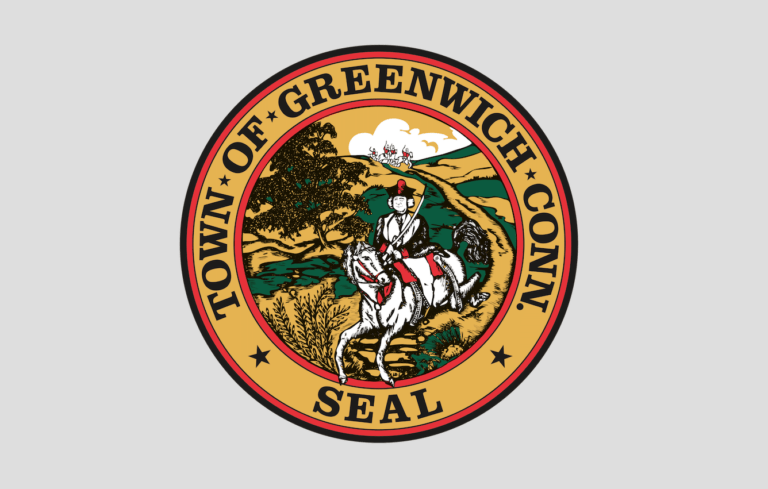By Mimi Santry
 November is officially National Family Caregivers Month. This designation is meant to shine a spotlight on many unrecognized heroes in our midst who support loved ones with disabilities, chronic illnesses, dementia and other health conditions.
November is officially National Family Caregivers Month. This designation is meant to shine a spotlight on many unrecognized heroes in our midst who support loved ones with disabilities, chronic illnesses, dementia and other health conditions.
The numbers are truly staggering. According to The National Alliance for Caregiving, 1 in 4 adult Americans or 63 million Americans are non-paid caregivers. This is fifty percent or 20 million more than a decade before. These numbers are growing rapidly with the aging of our population. Compounding the problem is the reality that many caregivers care for both their children and a disabled or elderly family member.
How can you help?
I. Acknowledge Their Generosity and Lend a Hand
Caregivers are often struggling with their situation quietly and alone. According to The Cleveland Clinic, 64% report experiencing caregiver stress that often causes negative health outcomes. They can feel depressed, angry and isolated. They often don’t take time for themselves and ignore important self-care like seeing their doctor or doing routine blood work. Healthy hobbies and socializing fall to the wayside.
Little acts of kindness can mean a lot. Tell them you see and admire their efforts. Offer to cook a meal or grocery shop. Stop by and let the caregiver take a well-deserved break. Offer to run errands or drive when they need to take their loved one to the doctors. If home maintenance is suffering, offer to arrange for some housekeeping or a handyman. It is almost guaranteed that the person helping will get as much out of the experience as the caregiver. If you see a serious safety issue or looming crisis, consult with local experts at the Department of Human Services, Police Department or the local Senior Center.
II. Share Community Resources
Often a caregiver is so overwhelmed that they don’t realize that there are local agencies and organizations that can help. Do a little research and compile the contact information on relevant local resources. On the Town of Greenwich website, for example, there is a Resource Guide for Older Adults that is very helpful. You can research local meal delivery programs, grocery shopping assistance, adult day programs, agencies that provide companion care and ride services, etc. At Home In Greenwich is a well- respected local organization that supports older adults who are trying to live independently in their community.
III. Encourage Fellowship or Support Groups
Being connected to others who are also caregiving can help in several ways. No-one trains to be a caregiver. This is a job that is usually thrust upon people with little warning, and many caregivers are unprepared. Having access to others that are also struggling can educate the caregiver about best practices and “hacks”. Like the dynamic of moms who join play groups, caregivers who become connected to others can feel less alone and become part of a supportive network. You can search online for relevant support groups that are often offered by the Hospital, faith-based groups, and many senior communities.
IV. Support Public Policies that Address the Growing Demands of an Aging Population
It is glaringly apparent that the number of people requiring care is growing faster than the systems designated to support them. This is not an abstract problem but a NOW problem. Let your local and state representative know this is an important issue. If you are in the position to donate funds, select charities that address the needs of the elderly or disabled. When there is a proposal for a residence for the disabled and elderly, help educate others about the approaching crisis. Greenwich has very few senior communities. It might be time to let our representatives know this is short-sighted and unwise. A notable research group stated “By 2030, the U.S. population aged 80 and older is projected to grow by more than four million, reaching 18.8 million. Due to a slowdown in new developments, a significant number of seniors will likely face waitlists as demand outpaces supply.” As we all know, tight supply will mean rising prices and fewer affordable options. This highlights the urgent need for policy solutions that recognize the need for senior housing and other programs that support family caregivers.
Mimi Santry is a long-time Greenwich resident and owner of Assisted Living Locators. She is an expert in care and housing solutions for older adults.




